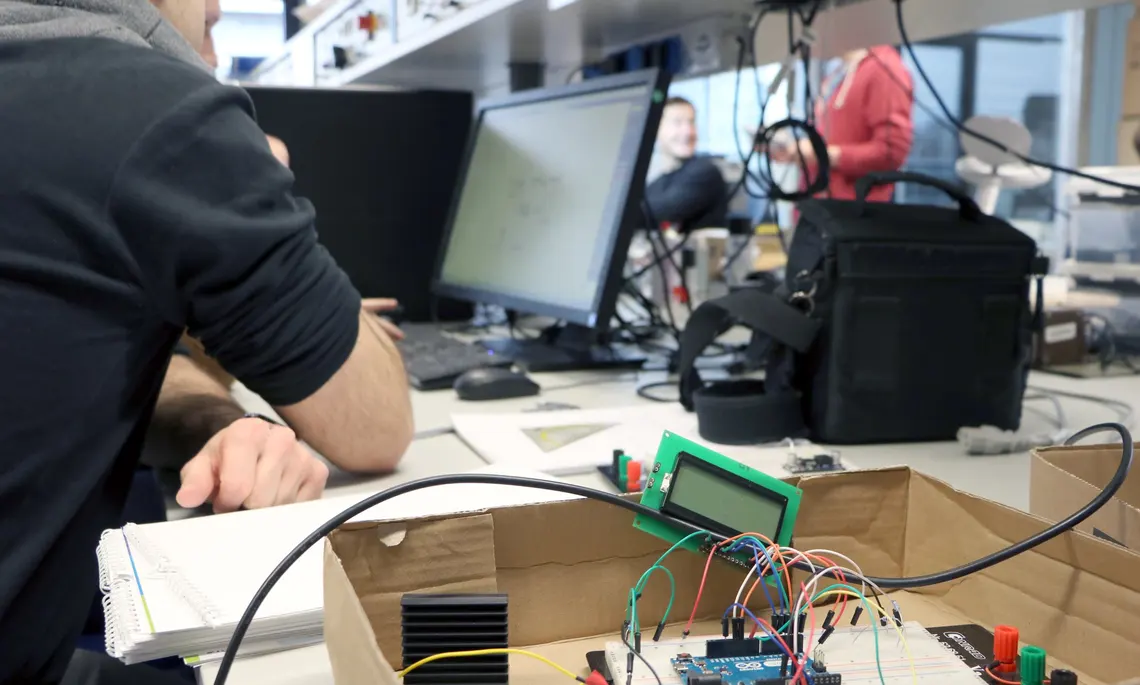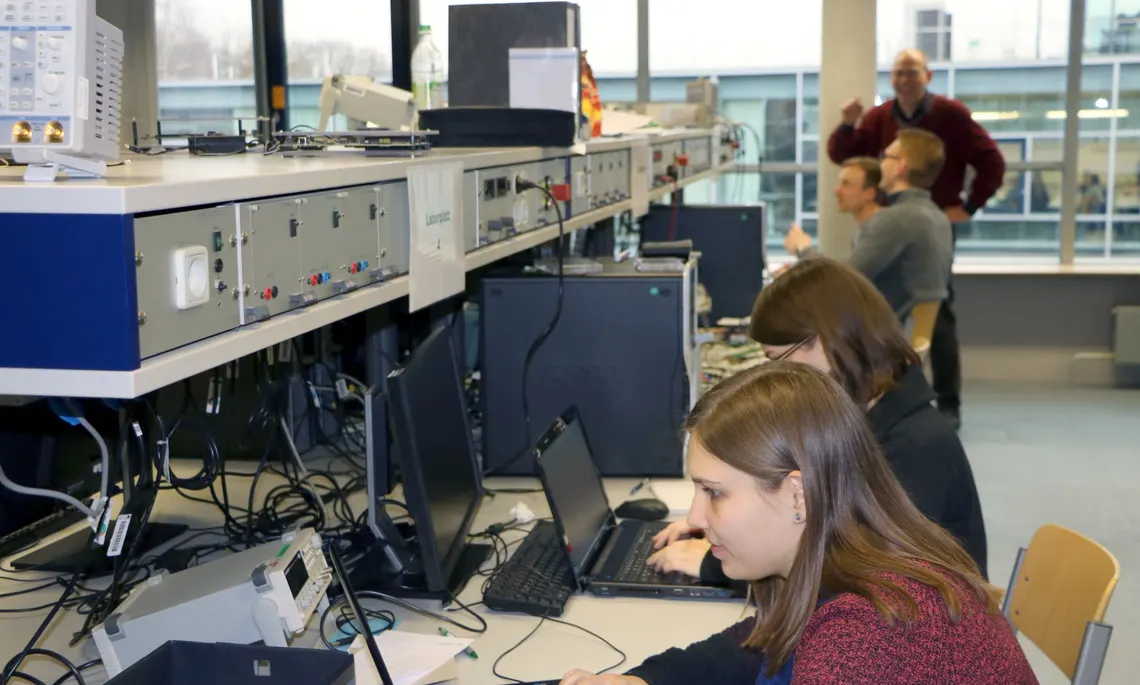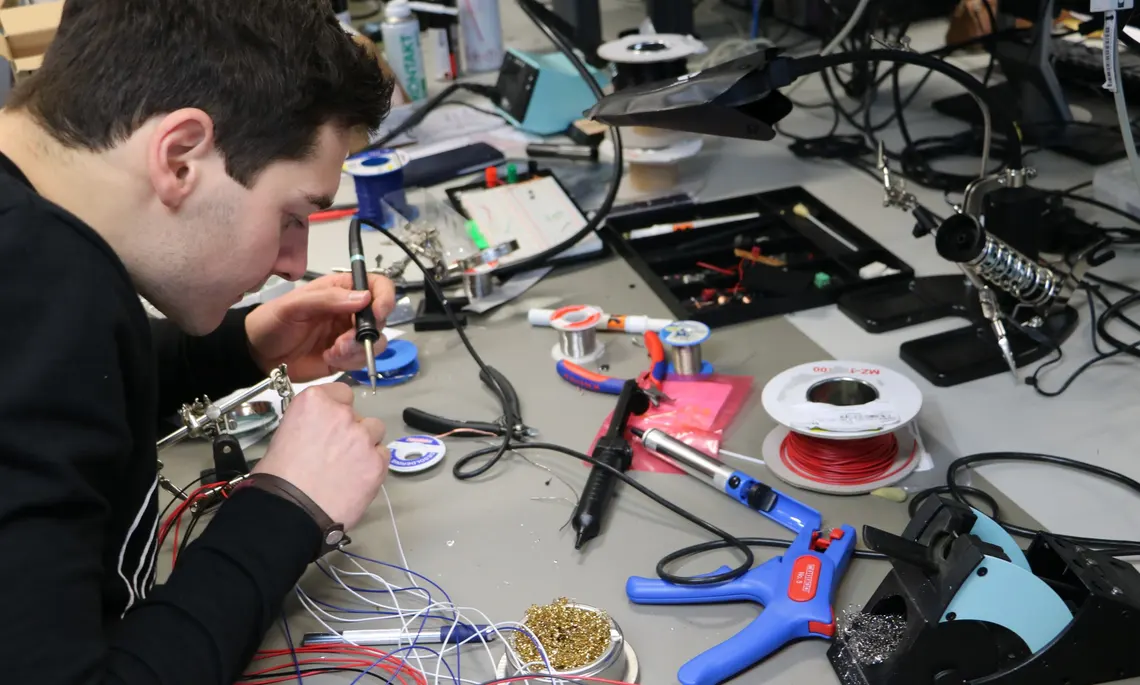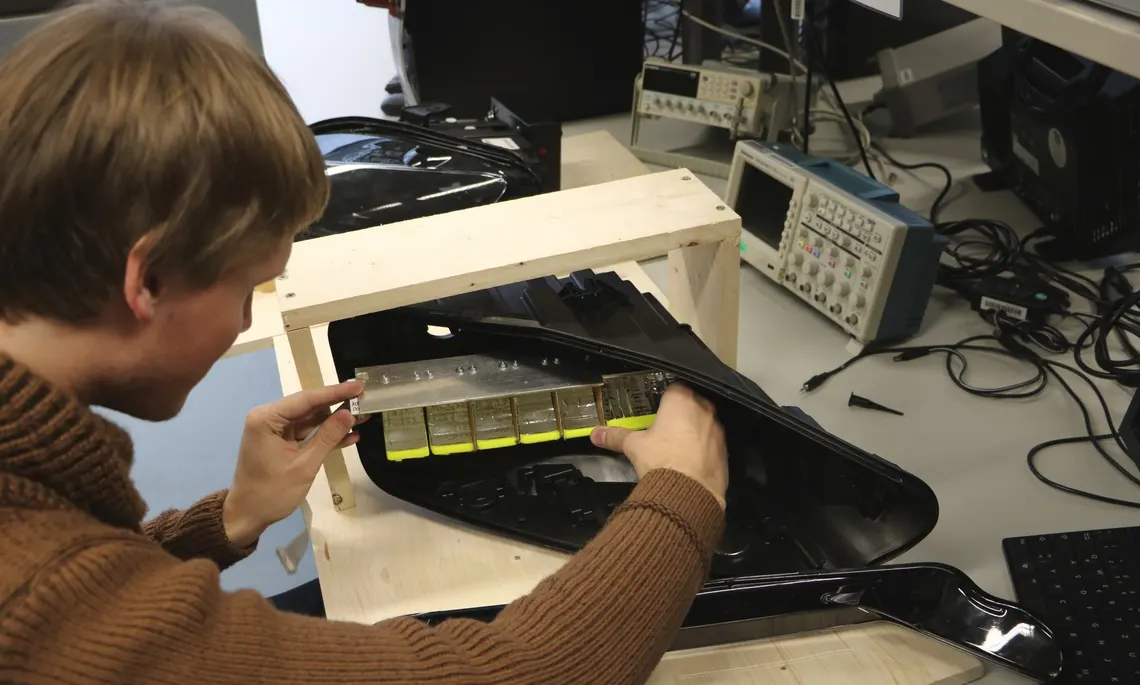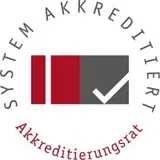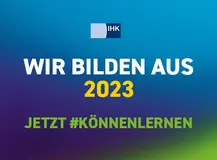Die Aufgabe des Labors ist primär die praxisnahe Lehre der Studentinnen und Studenten der Studiengänge Elektro- und Informationstechnik, Mechatronik und Flugzeuginformatik auf dem Gebiet der digitalen Signalverarbeitung. Hierzu werden die in den Vorlesungen theoretisch vermittelten Inhalte durch Praktika und Projektarbeiten praktisch umgesetzt und vertieft. Des Weiteren werden im Bereich Optoelektronik und Lichttechnik zahlreiche studentische Projekte durchgeführt. Insbesondere im Rahmen mit Forschungsprojekten (SmartLed, ZuKo) werden Abschlussarbeiten (Bachelor/Master) angeboten.
Labor für Digitale Signalverarbeitung und Optoelektronik (C307)

Ziele und Idee
Das Labor der Digitalen Signalverarbeitung und Optoelektronik ist ein Lehr- und Forschungslabor mit der Zielsetzung der Verbindung von Studierenden und den betreuenden Dozenten. Die resultierende Verbindung zwischen Lehre und Forschung ermöglicht es, vorhandene und aktuelle industrielle Erkenntnisse in die Lehre einfließen zu lassen.
Die Ausbildungsschwerpunkte des Labors liegen in den folgenden Bereichen:
- Simulation: Umsetzung und Untersuchung von Algorithmen und Verfahren der Signalverarbeitung auf Entwicklungsumgebungen für wissenschaftliche und technische Berechnungen (z.B. Scilab, Matlab)
- Signalprozessoren: Umsetzung von Filteralgorithmen auf gängige Signalprozessor-Umgebungen. Zur Verfügung stehen z.B.
- TMS320C6713 DSP Starter Kit (DSK), 225 MHz Floating-Point DSP
- TMS320C6416 DSP Starter Kit (DSK), 600 MHz Fixed-Point DSP - FPGA
- Xilinx Virtex-II Development Kit
- Xilinx Spartan-3E XC3S500E FPGA - Optoelektronik / LED
- Treiberelektronik für LED Scheinwerfer
- Transiente Thermische Analyse
- Thermisches Management und Zuverlässigkeit
- Thermische Simulationen
Labor C307
Laboraustattung und Aktivitäten
Die Laborausstattung beinhaltet 11 komplett ausgestattete Arbeitsplätze für die Durchführung von Praktika, Projektstudien, anderen studentischen Projekten und dient den vorhandenen Bachelor- & Master Weiterbildungsprogrammen.
An diesen Arbeitsplätzen sind folgende Arbeiten möglich:
- Entwicklung von DSP-Programmen
- Programmierung von FPGA-Bausteinen
- Durchführung von Simulationen
- Entwicklung, Simulation und Layouterstellung von elektronischen Schaltungen
- Durchführung von Messungen in elektronischen Schaltungen
Ausstattung:
Zur Standardausrüstung eines Messplatzes gehört:
- PC mit Software für DSP- und FPGA-Programmierung, Schaltungssimulation, Layouterstellung und mathematische Simulationen
- Digitales 4 Kanal Speicheroszilloskop, Multimeter
- Signalgenerator, Messverstärker, Labornetzteile
In den Bereich Forschung / Abschlussarbeiten gehören
- Spektrometer
- Transienter Thermischer LED Tester
- Modulationsübertragungsfunktion (MTF Teststand, Bestellphase)
- Software for DSP and FPGA programming
- Matlab / Scilab
- LTSpice / PSpice
- Target 3001
- Ansys EM
- SolidWorks / FlowEFD (powerful simulation computer for FE/CFD)
The practical training for digital signal processing takes place in the laboratory. For this purpose, there are sufficient workplaces for students in the laboratory. In addition, the experiment "LED up-converter" takes place in the context of power electronics. In the winter and summer semester, student projects are regularly carried out for courses of study at the Faculty of Electrical Engineering and Computer Science. These projects deal with a wide range of problems in the field of optoelectronics and digital signal processing. Theses are supervised and completed during the semesters in the laboratory and, among others, in the fields of optoelectronics / thermal management of LED modules (simulation and measurement) / digital signal processing.
Possible courses
Courses in the field of optoelectronics are planned for the future.
Research projects are underway in the field of optoelectronics/LEDs. The projects each have work packages in the field of optoelectronics/optics and in the field of packaging and interconnection technology (see Packaging and Interconnection Technology Laboratory).
- SmartLED: Development of a miniaturized module for adaptive headlights, development of measurement methods for reliability and lifetime prediction of LED modules, analysis of driver architectures; Industrial partners: Lumileds, Heraeus
- ZuKo: Process development for the electrical and mechanical contacting of power electronics components (soldering and sintering) and development of non-destructive measurement technology for the analysis of contact quality and reliability; Industrial partners: OSRAM, BMW
- Visi0n: Failure analysis of manufacturing processes, failure analysis and test method development for complex electronic modules (driver assistance systems, especially camera modules); Industrial partners: Continental, Anylink
Laborleitung und Team
Prof. Dr. Gordon Elger
Tel.: +49 841 9348-2840
Raum: A114
E-Mail: Gordon.Elger@thi.de
Prof. Dr.-Ing. Michael Botsch
Tel.: +49 841 9348-2721
Raum: K209
E-Mail: Michael.Botsch@thi.de
Dipl. Ing. (Univ.), M.Sc. Olaf Imhäuser
Tel.: +49 841 9348-3370
Raum: C306
E-Mail: Olaf.Imhaeuser@thi.de

